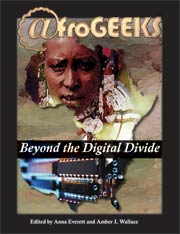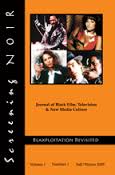PIs Esther Lezra, Chela Sandoval, and Diane Fujino received a grant from the UC-wide Center for Collaborative Research for an Equitable California (CCREC, 2015–16) to create an interdisciplinary, equity-oriented, race-based collaboration, the Community Alliance for Democratic Education (CADE). This project builds on the CBSR’s ongoing partnerships with two local community organizations fostering educational equality, Dos Pueblos High School’s Committee on Equity and Excellence in Education and La Casa de La Raza, as well as with Students at the Center (SAC) in New Orleans, which works in the few remaining public schools there and uses writing and story-circle learning to foster critical analysis and creative solutions for a city devastated by natural and unnatural disasters.
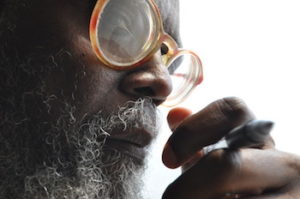 The CCREC grant will, in part, enable us to bring poet, activist, and teacher Kalamu ya Salaam, who co-directs SAC, to Santa Barbara for a series of lectures and meetings with the CBSR and our community partners. This project builds on the CBSR’s work in the local schools this past year to promote educational equity by, among other endeavors, supporting the Dons Net Café’s student-run social entrepreneurial projects at Santa Barbara High School and serving as facilitators with Just Communities to foster dialogues about racism and other social issues. Together, we seek to understand and illuminate the models of social movement organizing that foster the participation of parents, students, teachers, and community members as agents of change; that cultivate the leadership of those most affected by educational inequities; and that develop new democratic programs to transform the educational experiences and lives of students, families, and teachers.
The CCREC grant will, in part, enable us to bring poet, activist, and teacher Kalamu ya Salaam, who co-directs SAC, to Santa Barbara for a series of lectures and meetings with the CBSR and our community partners. This project builds on the CBSR’s work in the local schools this past year to promote educational equity by, among other endeavors, supporting the Dons Net Café’s student-run social entrepreneurial projects at Santa Barbara High School and serving as facilitators with Just Communities to foster dialogues about racism and other social issues. Together, we seek to understand and illuminate the models of social movement organizing that foster the participation of parents, students, teachers, and community members as agents of change; that cultivate the leadership of those most affected by educational inequities; and that develop new democratic programs to transform the educational experiences and lives of students, families, and teachers.
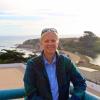
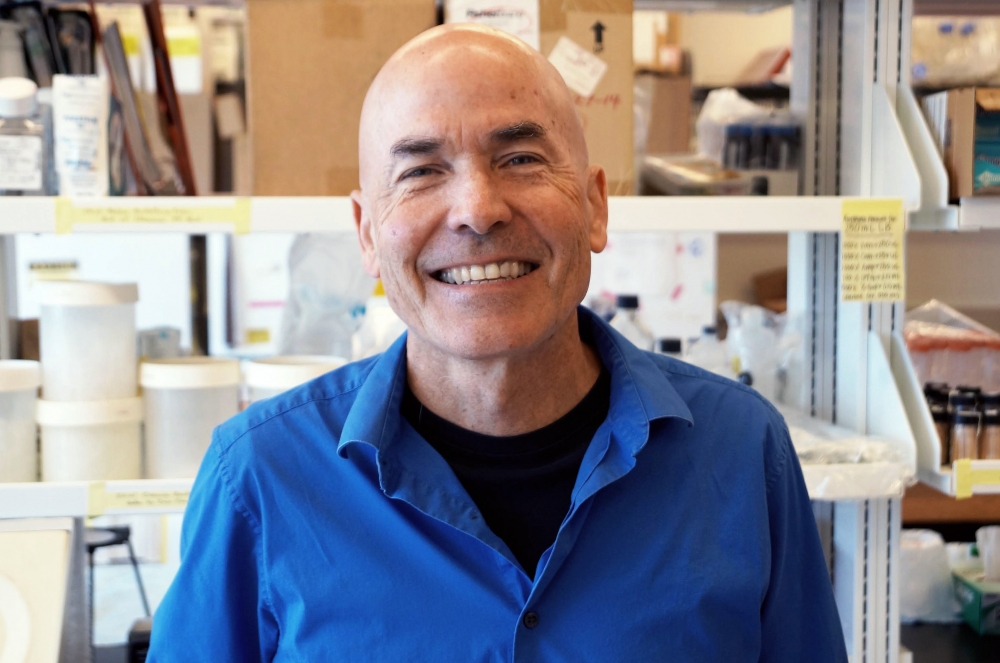
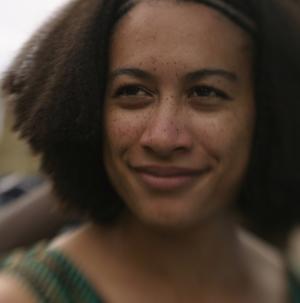
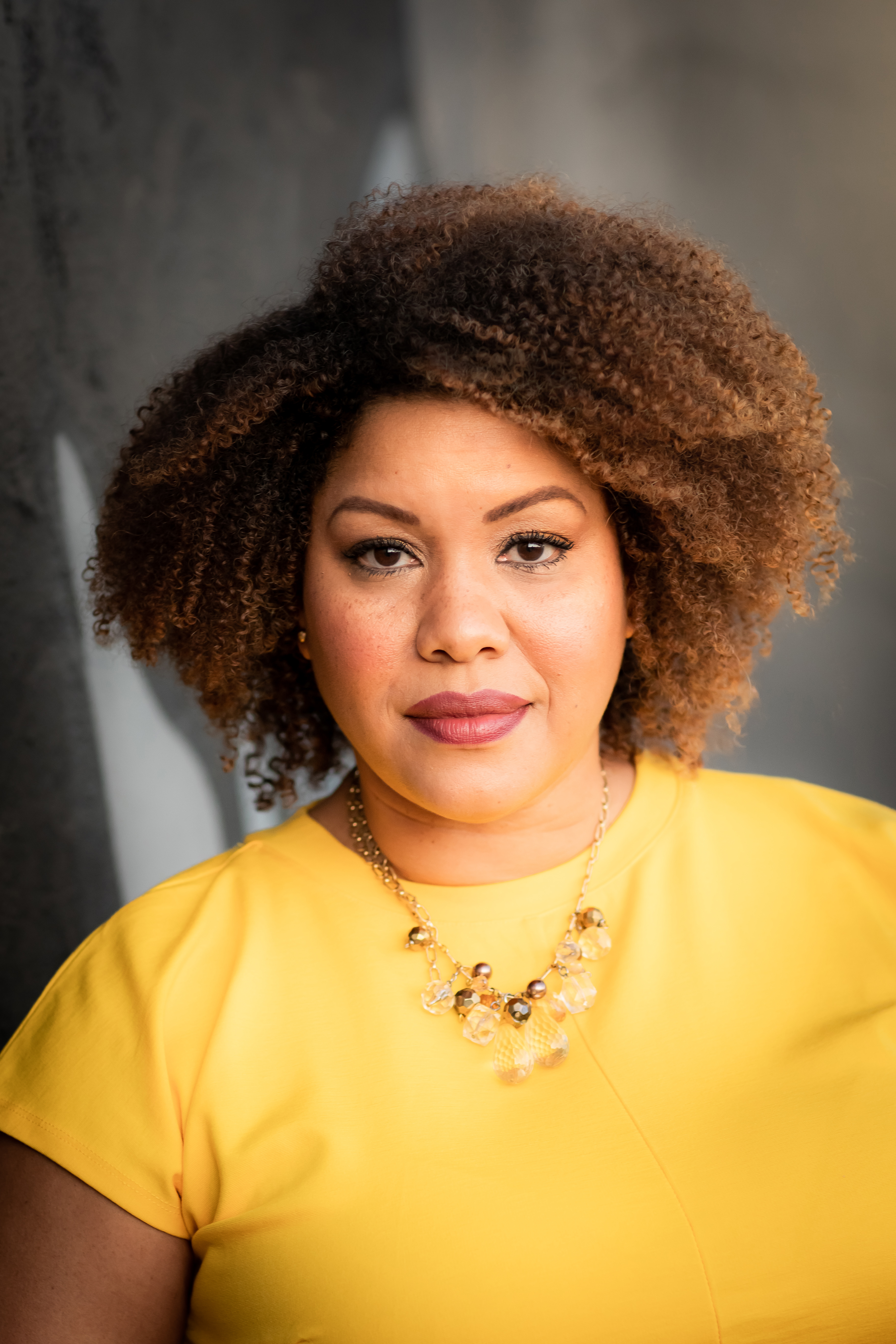
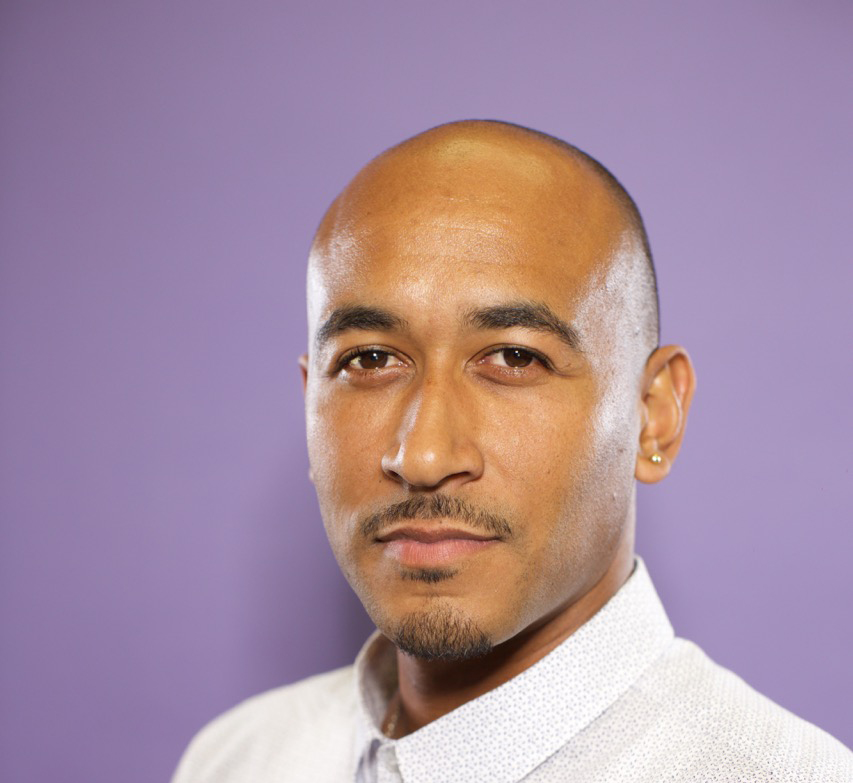
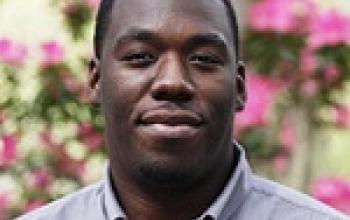

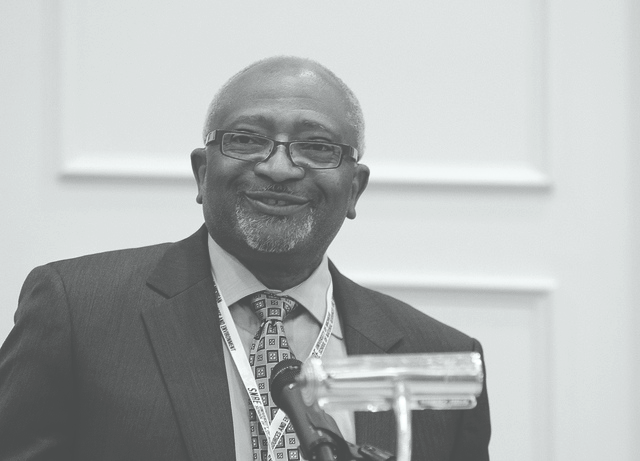 The Urban Studies Initiative was launched under the directorship of Professor Clyde Woods in 2007 and continued through 2012. The Initiative led to the founding of the journal
The Urban Studies Initiative was launched under the directorship of Professor Clyde Woods in 2007 and continued through 2012. The Initiative led to the founding of the journal 